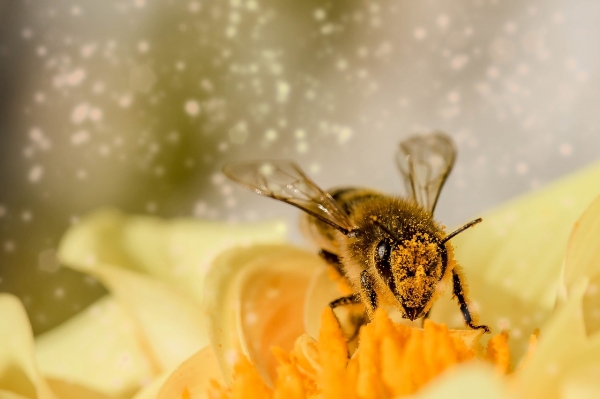Gardens offer a steady and reliable source of nectar all year round, helping to keep pollinators fed when farmland sources are limited, researchers have discovered.
This consistency means that even small patches of gardens in rural areas can sustain pollinators, particularly in early spring and late summer when nectar is scarce.
In the findings, published today in Proceedings of the Royal Society B, scientists at the University of Bristol discovered that gardens can provide between 50% and 95% of the total nectar during these critical times.
Lead author Dr Thomas Timberlake based in Bristol’s School of Biological Sciences explained: “It’s well known that gardens and urban areas can be great places for pollinators like bees, flies and butterflies. In fact, past research shows that cities often have more types and numbers of pollinators than farming areas.
Read more at University of Bristol
Photo Credit: Myriams-Fotos via Pixabay
Sci/Tech Agriculture Top Stories
